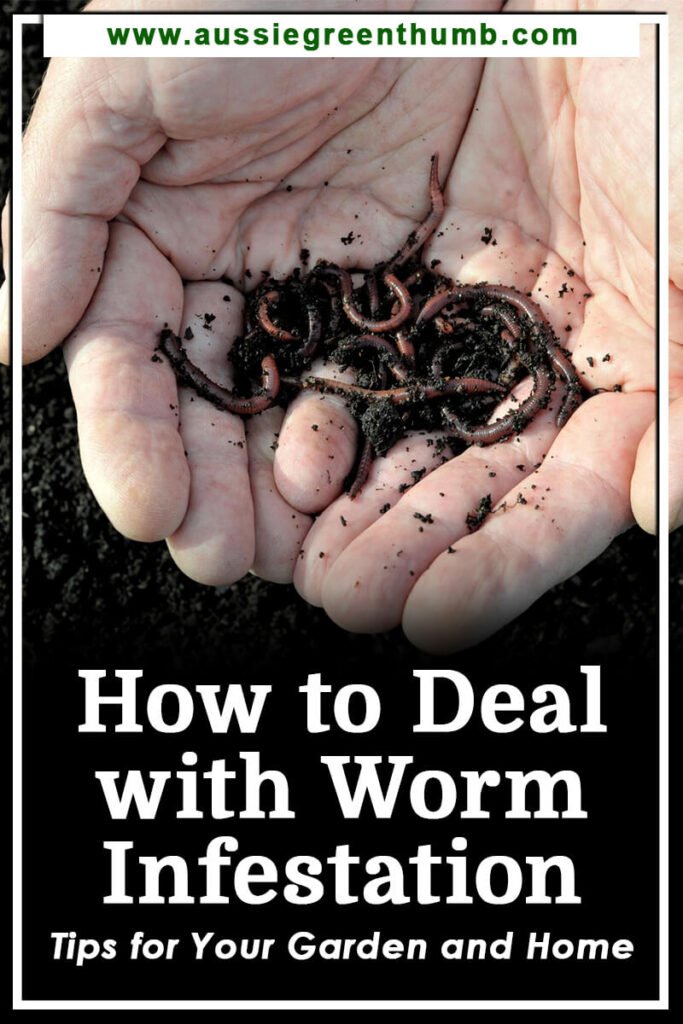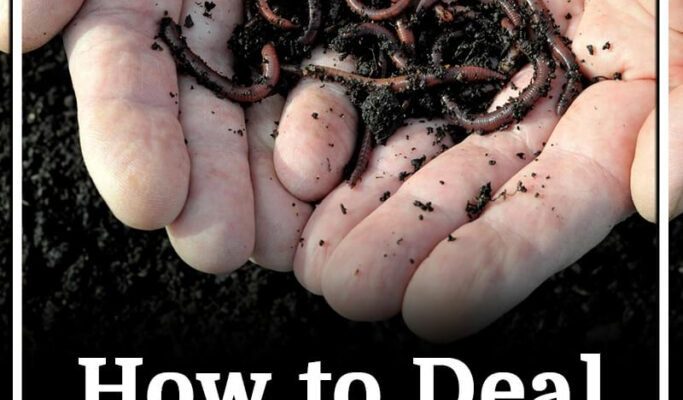
Imagine you’re hosting a barbecue in your backyard. You’d want everything to be tidy and organized, right? The same goes for your garden. Keeping it clean isn’t just about aesthetics; it’s about ensuring your plants can grow strong and healthy without the threat of worm infestations. That’s where following some essential sanitation practices comes in handy. Let’s explore how to safeguard your garden and keep those worms at bay.
Understanding Worm Infestations
Worms aren’t all bad; in fact, some types are beneficial as they help aerate the soil and break down organic matter. However, when we talk about worm infestations, we’re usually referring to harmful species that can damage your plants. These worms can chew through leaves, burrow into roots, and create chaos where there once was order.
You might be wondering how these unwanted guests find their way into your garden. They can come from various sources, like compost, garden debris, or even nearby plants that are already infested. The key here is awareness—knowing what signs to look for. If you notice unusual holes in your leaves or wilting plants, it might be time to investigate further.
So, how do these pesky worms create such a mess? They reproduce quickly and can consume a significant amount of plant material in a short time. This is why **garden sanitation** is vital; it’s your first line of defense against potential infestations.
Keep Your Garden Clean
One of the simplest ways to keep worms at bay is by maintaining a clean garden space. That means regularly removing any dead plants or leaves that might be laying around. Think of it as tidying up after a party—if you leave the trash out, it attracts all sorts of unwanted guests.
Make it a habit to **clean up garden debris** at the end of each growing season. This includes pulling out annuals that have died off and sweeping away fallen leaves. These materials can harbor pests and diseases, creating a perfect environment for worms to settle in.
Additionally, consider how you handle your compost. Sometimes, compost can be a source of worms if it’s not maintained correctly. Make sure to turn it regularly and monitor its temperature to ensure it stays hot and healthy, breaking down any pathogens before they have a chance to spread.
Rotate Your Crops
Crop rotation is not just a trendy gardening term; it’s a crucial practice for keeping pests—including worms—at bay. By changing where you plant your crops each season, you disrupt the lifecycle of any pests that might have settled in.
For example, if you had tomatoes in one spot this year, plant something different, like peppers or beans, in that spot the next year. This confuses worms and helps reduce their populations because they rely on the same host plants for food.
Consider keeping a garden journal to track what you’ve planted where. This way, you can see patterns and remember to rotate your crops accordingly. It may feel like an extra step, but it truly pays off in the long run.
Practice Good Watering Habits
Believe it or not, how you water your plants can influence worm infestations. Overwatering creates a damp environment that attracts not just worms but also plenty of other pests. On the flip side, under-watering can stress plants, making them more vulnerable to infestations.
Aim for a **consistent watering schedule**, ensuring plants get the moisture they need without creating soggy soil. Using a soaker hose or drip irrigation can help you maintain moist, well-drained soil without the risk of overwatering.
And here’s a tip: water in the early morning rather than the evening. This gives the soil time to absorb moisture before evening temperatures drop, reducing the chance of a damp environment that attracts worms.
Enhance Soil Health
Healthy soil is like a fortress against pests like worms. When your soil is rich in nutrients and well-aerated, it supports strong plant growth, making your plants less susceptible to infestations. There are a few ways to enhance your soil health:
- Add organic matter: Incorporate compost or aged manure to improve soil structure and nutrient content.
- Conduct soil tests: Find out what nutrients your soil lacks and amend it accordingly.
- Mulch: Use organic mulches to suppress weeds and retain moisture while adding nutrients as they break down.
By focusing on your soil health, you not only promote thriving plants but also create an environment that’s less appealing to worms. Remember, a healthy garden is a happy garden!
Monitor and Control
It’s a good practice to keep an eye on your garden regularly. Spend a few minutes each time you’re out there, checking for any signs of worm activity. If you notice any signs—like chewed leaves or egg masses—act quickly to minimize damage.
You can employ several natural pest control methods. For instance, introduce beneficial insects like ladybugs, which can help keep worm populations in check. You might also use organic pesticides if the infestation is severe. Just be sure to follow the instructions carefully to protect your plants.
Another option is to use physical barriers, like row covers, to protect your plants from pests. These covers create a shield that prevents worms from reaching your plants while still allowing sunlight and rain in.
To keep your garden flourishing, effective **garden sanitation** is essential to prevent worm infestations. By maintaining a clean garden, rotating your crops, practicing good watering habits, enhancing soil health, and monitoring your plants, you create a thriving environment that pests will want to avoid.
Remember, a little effort goes a long way. Just like a tidy home leads to a happy family, a clean garden helps your plants grow strong and healthy. So roll up your sleeves and get started—your garden will thank you!

